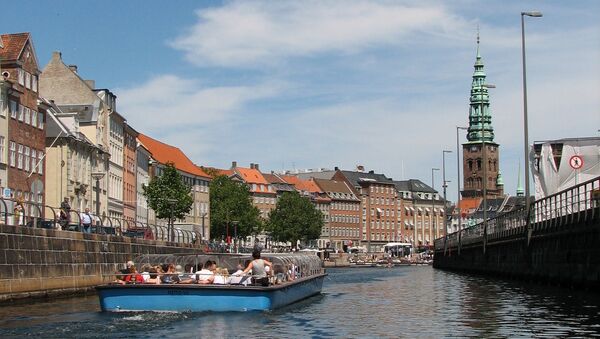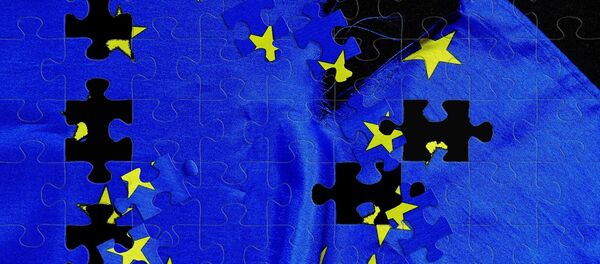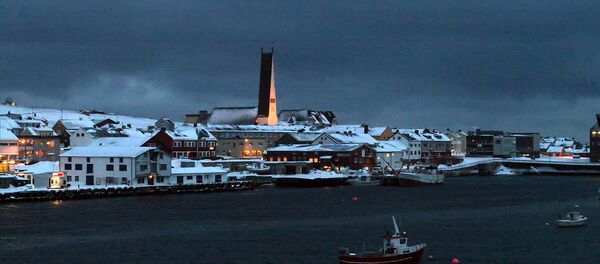This figure has risen by 5 percent since February, when 37 percent of Danes advocated a national vote on continued EU membership. Consequently, the number of EU cohorts declined from 56 percent last November to 44 percent today, while the 'no' side gained momentum, rising from 31 to 42 percent.
The negative reaction is likely to have been spurred by the forthcoming referendum in the United Kingdom, scheduled for June 23. Following the British example, many Danes became enthusiastic about doing the same in Denmark, Kristian Thulesen Dahl, the leader of the right-wing populist and EU-skeptical Danish People's Party said.
"I think this is very encouraging, as it clearly illustrates how many Danes are tired of the way the European Union works," Dahl said.
"Myself, I am a European at heart, but the only thing we hear about the EU at the moment is that we are unable to target the common challenges. Naturally, this gives rise to doubt," he said.
Despite the fact that a majority of Danes would still prefer to keep their EU membership, many politicians, including Peter Hummelgaard, spokesperson of the Social Democratic Party, found the poll results "disturbing."
Denmark applied to join the predecessor of the EU, the European Economic Community, in 1961, only a day after the UK applied. But as the British membership was subsequently vetoed by the then French president Charles de Gaulle, Denmark did not wish to join the EEC without the UK.
Eventually, Denmark, Ireland and the UK joined the EEC in 1973 after much negotiation and a change of power in France.
At present, two of Denmark's political parties, the Danish People's Party and the Red-Green Alliance maintain a Eurosceptic stance. Over the years, a number of anti-EU organizations have been established in Denmark, such as People's Movement against the EU.






